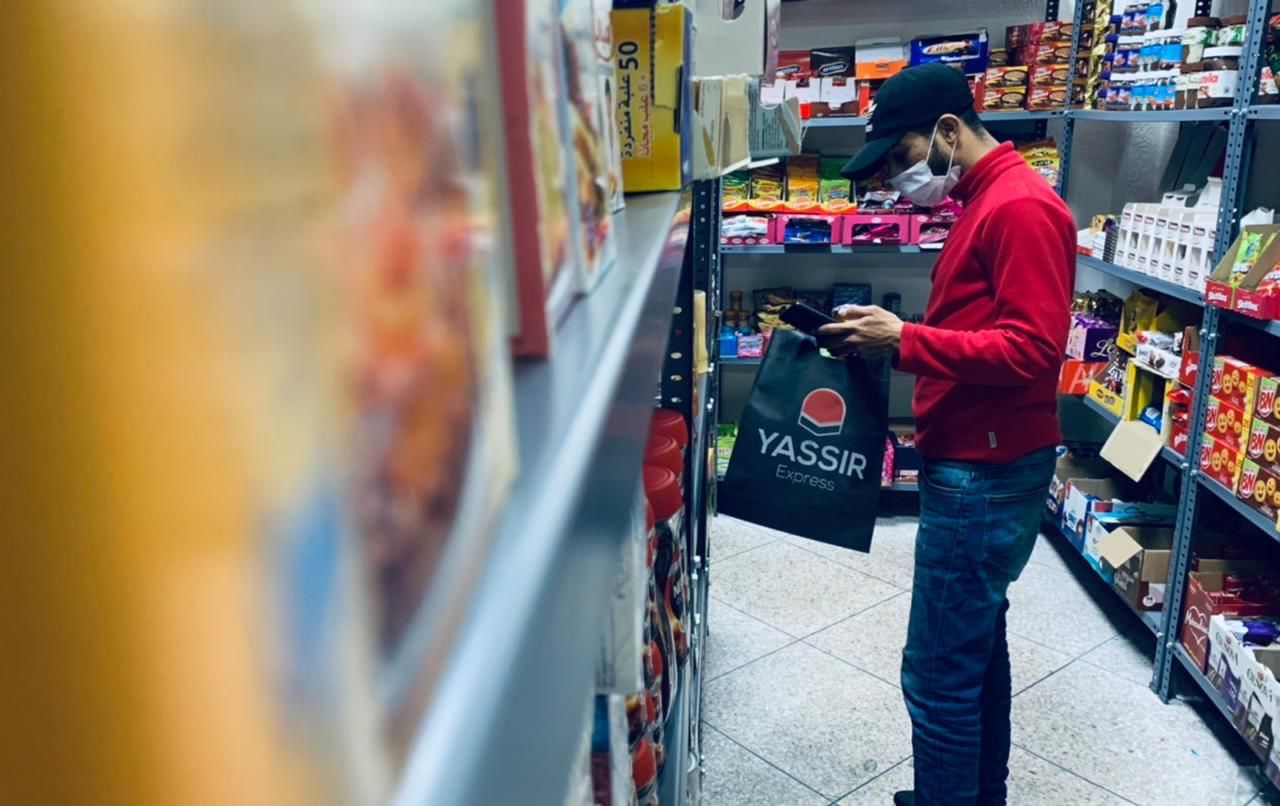Yassir secures $150 million Series B to drive the global expansion of its super app
Algerian super-app, Yassir has raised a $150 million Series B fund from BOND.

Algerian super-app, Yassir has raised a $150 million Series B fund from BOND to power its expansion across North Africa and undisclosed locations outside the region.
Currently, Yassir operates in 45 cities across six countries and is most popular in North Africa's Algeria, Morocco, and Tunisia. Founded in 2017, Yassir started with ride-hailing services because the cities it targeted had dense populations and inefficient transportation services.
However, Yassir progressed to offer last-mile delivery services, creating a multi-sided marketplace that brings drivers, couriers, merchants, suppliers and wholesalers to individual users on one platform. The Algerian super app currently provides three core services—ride-hailing, food and grocery delivery.
"In the markets where we operate, we are already having a considerable impact on how people manage their day-to-day lives. We look forward to expanding our presence into other geographies to become the first super app to achieve mass adoption," Noureddine Tayebi, founder and CEO of Yassir, said.
Yassir has seen exponential growth since launching four years ago. This latest investment is arguably the largest Series B round in North Africa as of the time of this report. In 2020, the company participated in Y Combinator's winter batch as the first Algerian startup in the accelerator.
As of November 2021, over 3 million people and 40,000 partners in all its markets were using the platform. Tayebi said that Yassir generates revenues by taking a commission on the services it offers.
Aside from pushing its three core services, Yassir intends to launch its fintech arm. At the moment, the users, ride-hailing drivers and delivery dispatchers carry out transactions using the platform's mobile wallet.
In Morocco—one of Yassir's main markets—over 65% of the population does not own a bank account, and 57% of the continent's population lack any form of a bank account. However, 40% of Africa’s banked population prefers digital channels for transactions.
"Our business model from day one was a super add model and getting into payments. When we first started, the observation was that most people were unbanked, and the number one reason is that people don’t trust the banking systems here for various reasons," Tayebi said. "We thought we could provide on-demand services that solve immediate needs around where people spent their money. We knew if we executed well, we could have a large user base that subconsciously trusts us, which we felt was pertinent to offering payment services."
Yassir believes that providing consumers with a mobile banking solution as part of a broader suite of services will meet an essential need in the African market, where 50% of the population can access the internet.
"We believe technology will foundationally rearchitect consumers’ relationship with daily needs–transportation, food, financial services—not just in developed countries, but in every corner of the world," Daegwon Chae, general partner at BOND, said. "This investment is an extension of that belief in an underserved but dynamic, rapidly growing region. Emerging out of North Africa, the app has already become indispensable to users for critical aspects of their lives."






